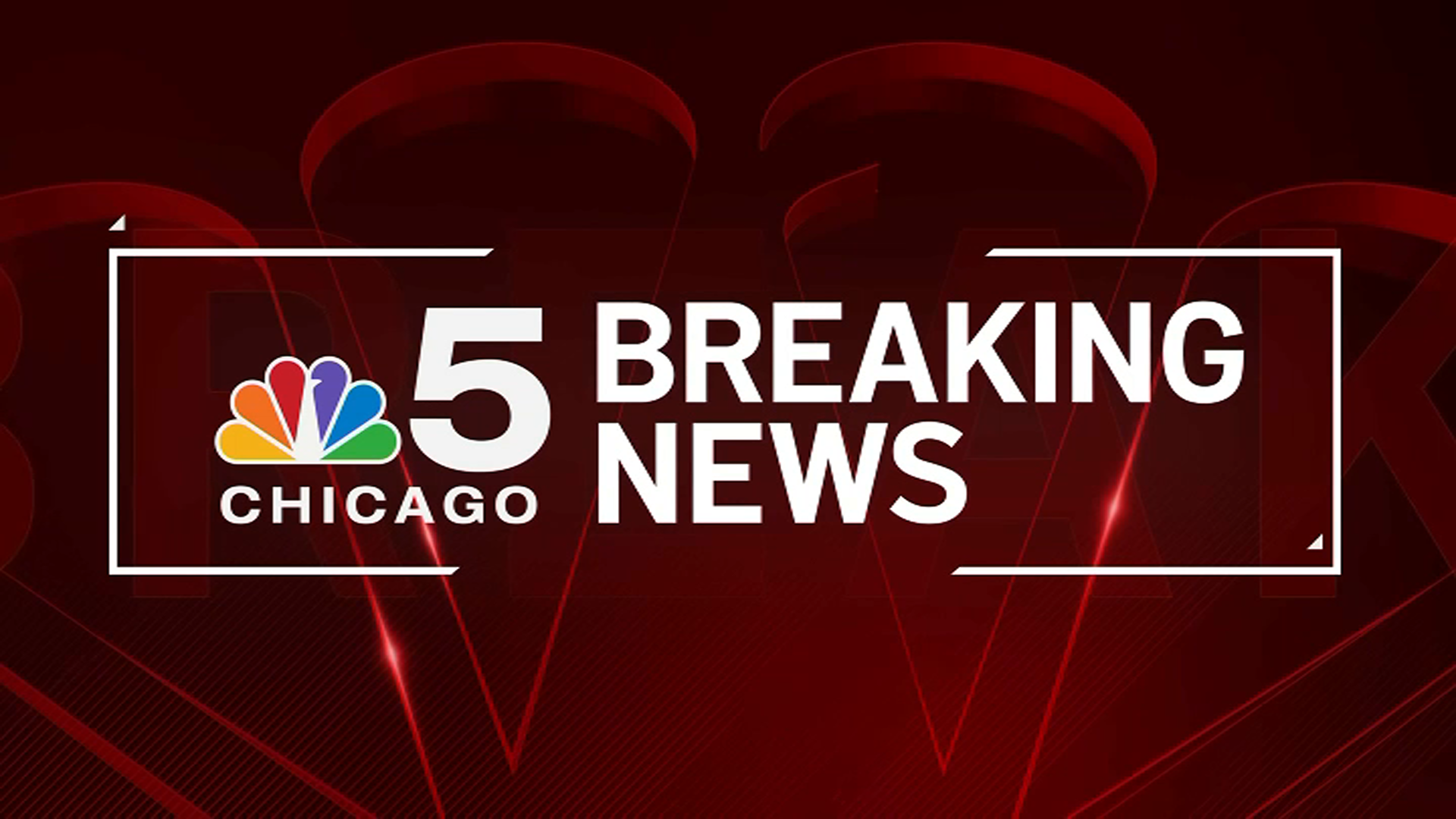A recent Loras College Poll found that Republican presidential nominee Hillary Clinton leads Republican presidential nominee Donald Trump by 13 points in Illinois.
Loras College surveyed 600 likely Illinois voters in live-caller phone interviews between Sept. 13-16. The poll includes a +/-4 margin of error and results were calculated at a 95 percent confidence interval.
According to the poll, 43 percent of respondents backed Clinton, while 30 percent supported Trump. Libertarian Party candidate Gary Johnson received 8 percent of the vote and Green Party candidate Jill Stein garnered 3 percent. 14 percent of those polled were unsure who they would vote for in November.
“While the last couple of weeks have been rocky ones for Hillary Clinton, and she has seen her lead evaporate in several swing states, right now Illinois remains firmly in her column,” Christopher Budzisz, Ph.D., associate professor of politics and director of the Loras College Poll, said in a statement. “Unlike some of its neighboring states, Illinois has been dependably voting for the Demarcating nominee for president since 1992.”
“While Democrats have been successful at the top of the ticket in presidential elections, Republicans have seen success statewide in Gubernatorial and U.S. Senate elections, as evidenced by Republican Gov. Bruce Rauner and Senator Kirk,” Budzisz added.
Additionally, Clinton received a net favorability rating of -8, while Trump received a -40. The net favorability rating was found by subtracting the candidate’s percentage unfavorable opinion from their percentage favorable opinion. Only 24 percent of voters surveyed had an unfavorable opinion of both Clinton and Trump.
According to the poll, 46 percent of Trump supporters said they intend to vote for the billionaire out of opposition to Clinton, while 44 percent said they were voting in support of Trump. 54 percent of Clinton voters indicated they were voting for Clinton, not against Trump.
Local
“Many voters are thinking of this election in almost defensive terms — of which outcome they most want to avoid,” Budzisz said. “Fear and anxiety can be great motivators in electoral politics, and given the unfavorable ratings of both candidates this year, voting against someone may be an easier sell to voters than voting for someone. It remains to be seen if such appeals to fear and anxiety will impact voter turnout.”
The poll also found that 53 percent of likely voters think Clinton will be elected in November, while 26 percent think Trump will win.
In addition, 35 percent of voters said the country is on the right track, while 51 percent said it’s headed in the wrong direction. More specifically, 52 percent of Democrats said they believe the country is on the right track, comparted to 11 percent of Republicans. 79 percent of GOP voters said they believe the country in headed in the wrong direction, compared to 33 percent of Democrats.
The survey also found that most Illinoisans are dissatisfied with the presidential choices. 22 percent of respondents said they were very dissatisfied, while 37 percent said they were somewhat dissatisfied. Compare that to the 13 percent who said they were very satisfied and the 23 percent who said they were somewhat satisfied. 5 percent had no opinion.



